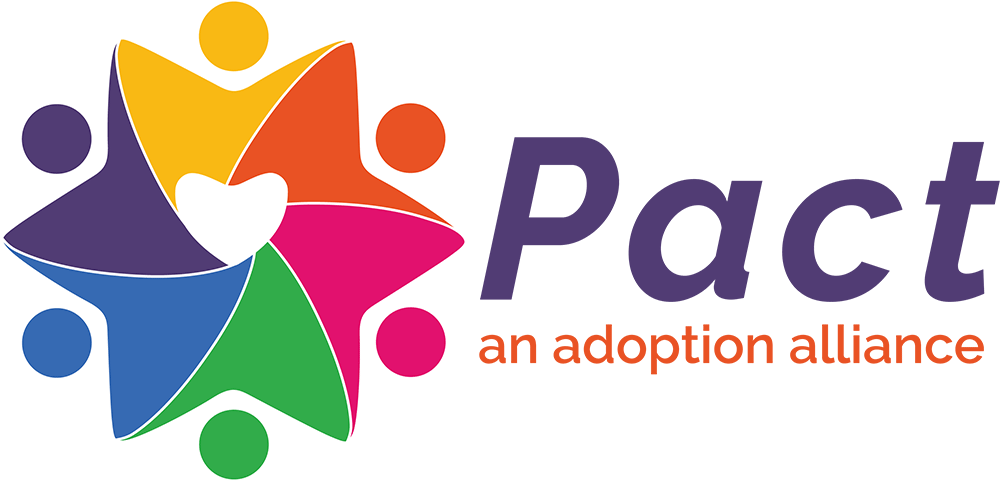by Michele Rabkin
2016
As Mother’s Day approaches, you may be shopping for greeting cards. You can easily find a card for your mother, your grandmother, your mother-in-law, or for that special woman who has been “like a mother” to you. What you can’t find is one for “the woman who gave birth to the child I am mothering.” Birth mothers—or, as many prefer to be called, first mothers—of adopted children are rarely acknowledged during ritual celebrations of motherhood.
My child has two moms: Her first mother and me, her adoptive mother. Our child sees me every day and also has the great good fortune to see her first mother in person every few months (as well as the ability to reach her on her phone whenever she likes). From me she receives all that you would expect from a primary caregiver: The nightly hugs, the daily nagging, the silly nicknames and the arguments over homework. From her first mother she receives a direct connection to her family of origin and her genetic heritage, which manifests itself in ways both obvious and surprising. They are both tall, strong, and beautiful; they crave and dislike some of the same foods. Beyond this—the invaluable gift of seeing herself reflected in someone else—my daughter gets someone else in her life who loves her deeply.
In our society, the role of first mother has often been cloaked in secrecy and regarded with scorn. Women have been doubly shamed, for becoming pregnant with children they are not able or allowed to parent, and then for placing them in adoptive families (commonly denigrated as “giving them up”). Even when not being treated as pariahs, first mothers often have their losses glossed over so that adoption can be viewed as a purely happy story that neatly resolves multiple problems: a solution is provided to a woman in crisis, a home is found for a child who needs one, and those who long to parent are able to do so. This prevalent narrative over-simplifies the complexities of adoption. Only now, as more first mothers are speaking out and more research is being done, are adoptive parents and the general public learning more about the depression that first mothers often suffer immediately following placement, and the pain that can haunt them throughout their lives.
I am so grateful that my child’s first mother is willing to endure difficult reminders of her loss in order to stay involved in the life of the daughter we share. Her presence enriches not just my daughter’s life, but mine and my husband’s as well. For the last few years, all four of us have attended Pact Family Camp, an amazing opportunity to explore and deepen our relationships. She has also found community through On Your Feet Foundation [now called MPower Alliance] an organization that connects and supports first mothers. I am so impressed that she has developed the courage to speak openly about her experience not just with other birth mothers, but also with adoptees, and prospective and current adoptive parents. Together the four of us have stretched our preconceptions of what family is, and our hearts are larger for it.
This Mother’s Day, I invite you to join me in remembering and celebrating all mothers, including those who have placed children in adoption.
Michele Rabkin is an adoptive parent who serves as a communications consultant for Pact. A version of this article was originally published by the Bay Area News Group.
